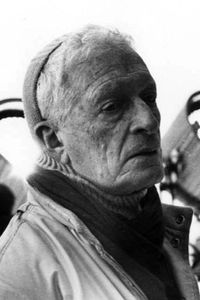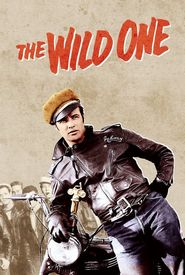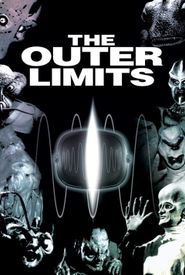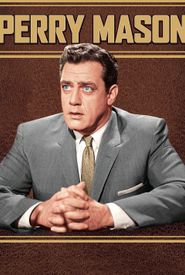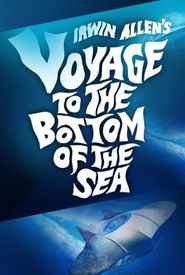Laslo Benedek, a Hungarian writer, editor, and photographer, was brought to Hollywood by MGM and initially worked on a series of unremarkable films. However, his third film, Death of a Salesman (1951),was a significant departure from his earlier work, as it was an adaptation of Arthur Miller's classic play.
Although critics at the time panned the film, citing its "staginess," Benedek's direction drew out impressive performances from a talented cast, including Kevin McCarthy, Cameron Mitchell, Fredric March, and Mildred Dunnock. These actors brought depth and nuance to their characters, making the film a memorable one.
Benedek's next film, The Wild One (1953),would prove to be his most enduring work. This pioneering biker film, starring Marlon Brando, caused a stir upon its release, sparking controversy and censorship efforts. The film was banned in England and faced opposition from conservative groups in the United States, who deemed it a corrupting influence on young people.
Despite its tame and somewhat slow-paced nature, The Wild One struck a chord with audiences, particularly young people who identified with the rebellious spirit of the film's characters. For parents, the film's portrayal of rowdy bikers and the perceived threat they posed to social norms was a major concern. As a result, The Wild One became Benedek's most successful film, cementing his place in the history of American cinema.
